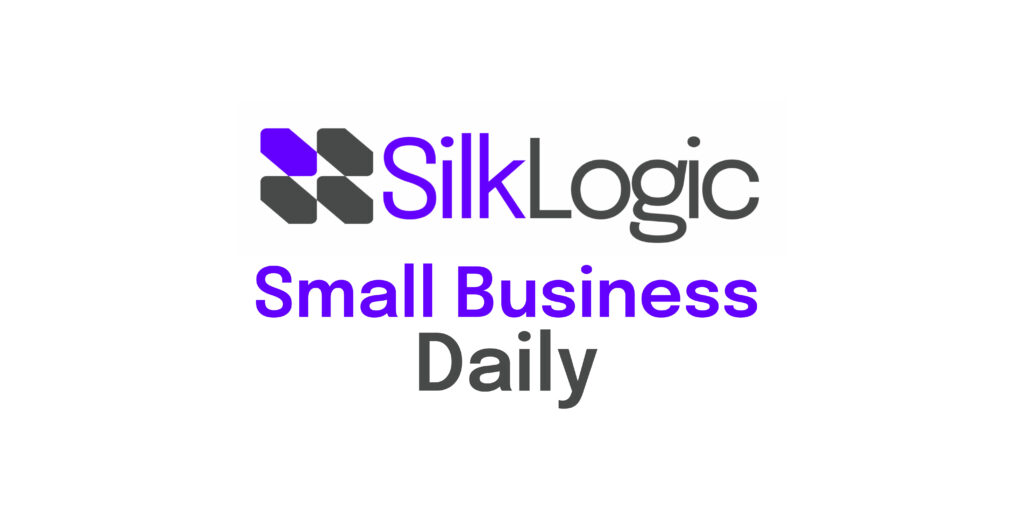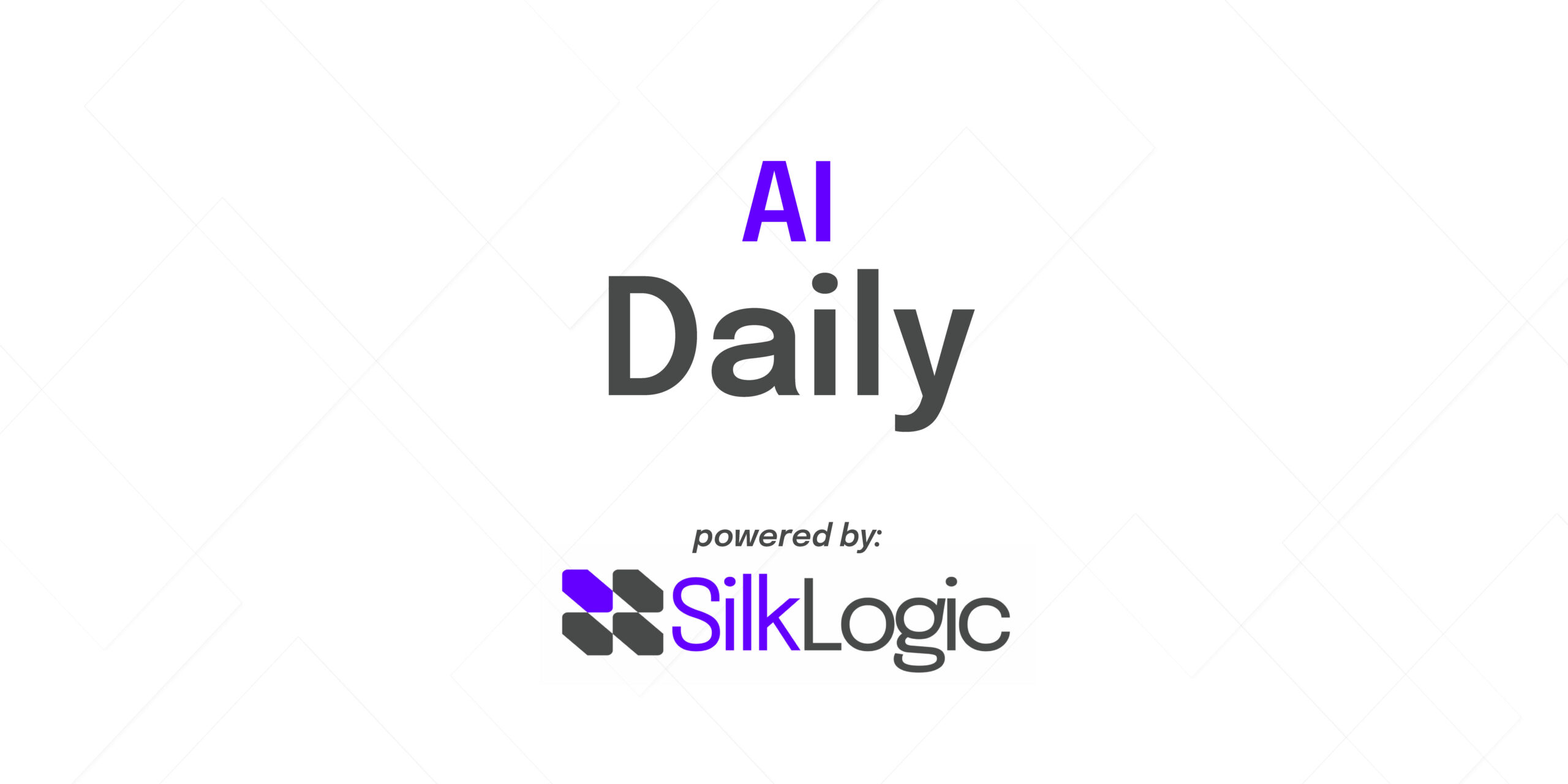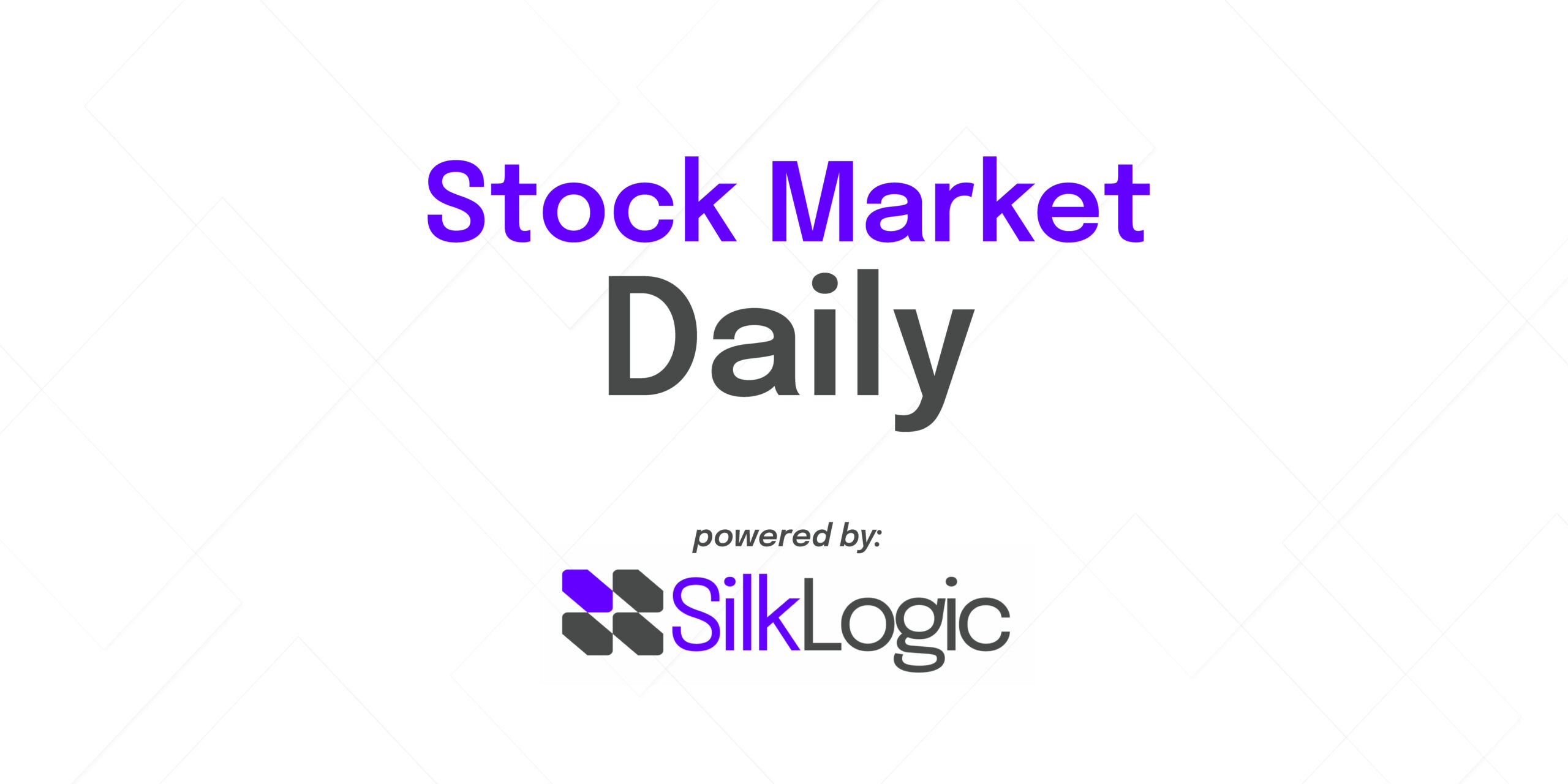Listen to today’s podcast: https://podcasts.apple.com/us/podcast/silk-logic-small-business-daily/id1841930957
Small Business Daily Podcast
Today’s podcast episode was created from the following stories:
A Baker Decided To Mess With An Online Troll And She Made A Cake Specifically For Them
A Michigan baker flipped online trolling into free marketing by creating a “hate cake” series that showcased a critic’s comments—boosting her views, sales, and brand visibility. It’s a reminder that small businesses can turn negativity into engagement when handled creatively. The takeaway: lean into your voice, and let algorithms reward the attention.
How to Future-Proof Your Business with Emerging AI Tools
This guide breaks down how AI can drive smarter decisions, automate workflows, and fuel personalized customer experiences. Key strategies include aligning use cases to business goals, rolling out in phases with clear metrics, and addressing data quality and governance from the start. For leaders, the message is simple: adopt early, measure ROI rigorously, and build a culture ready for change.
Toy Maker Challenges Trump’s Tariffs at Supreme Court in Landmark Case
Illinois-based Learning Resources is challenging former President Trump’s broad “Liberation Day” tariffs at the Supreme Court, arguing the IEEPA was misused and small businesses are bearing the costs. The company says the tariffs forced it to scale back hiring and investments, while other small importers cite uncertainty and rising prices. A ruling could reshape the import landscape and planning horizons for small firms.
Breweries Are Evolving Their Approach to Stout
After years of pastry-heavy, high-ABV releases, brewers are pivoting to more approachable stouts: nitro formats, smaller bottles/cans, and wider retail distribution. This shift lowers barriers to trial, broadens audiences, and stabilizes revenue beyond limited drops and festival lines. For taprooms and regional breweries, it’s a playbook for balancing passion projects with sustainable growth.
Two Gen Z founders who raised $1.25 million for their AI startup share their pro tips for landing funding
Attention Engineering’s founders say momentum beats perfection: show progress, personalize cold outreach, and surround yourself with builders. Their advice emphasizes trust-based networks, speed in fundraising, and consistent professionalism. For early-stage founders, it’s a concise blueprint to increase odds of a successful pre-seed.
Two teen founders dropped out of school and raised $3 million out of Y Combinator. Read their pitch deck.
Novoflow’s teen founders raised $3.1 million to build AI agents that streamline clinic operations, starting with appointment recovery and scheduling. Their pitch leans on firsthand insight into healthcare inefficiencies and a focus on stitching together disparate EHR systems. It’s a case study in pairing a sharp wedge (one workflow) with a big vision for clinic automation.
I’ve used all the new Amex, Chase and Citi credits – here are my favorites
A seasoned points pro ranks 2025’s revamped premium card credits, praising Citi Strata Elite’s broad $300 hotel credit and Amex Platinum’s expanded FHR benefits. He flags tricky mechanics (like portal-only discounts and quarterly quirks) and shares practical ways to extract full value. Small business travelers can use these insights to lower trip costs and improve cash flow.
THE GHOSTWRITERS IN THE MACHINE
Publishers are striking quiet licensing deals with AI firms, offering authors small payouts or opt-outs as models train on backlist titles. The piece details opaque terms, minimal compensation, and growing pressure on niche and academic authors—many of them small-business creators—to participate. It underscores a broader IP reckoning for independent writers and presses navigating AI-era economics.
With ACA open enrollment underway, some business owners worry about upcoming changes
As ACA open enrollment begins, some small business owners face higher deductibles and out-of-pocket maximums, and uncertainty about future premium subsidies. Changes to repayment caps could create big liabilities if income exceeds projections, complicating planning for entrepreneurs with volatile earnings. Owners should review 2026 policy signals, compare plan options carefully, and budget for risk.





